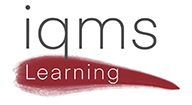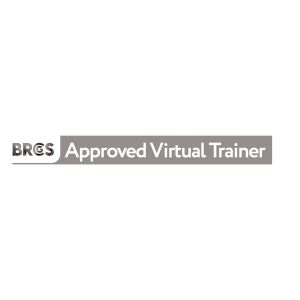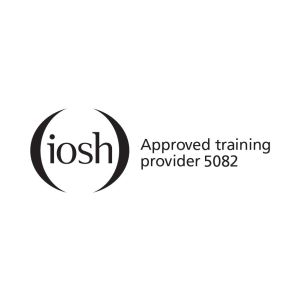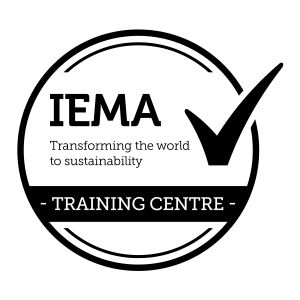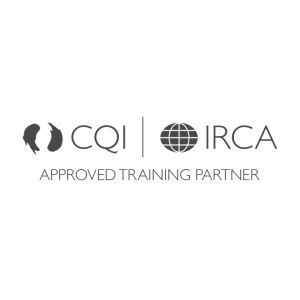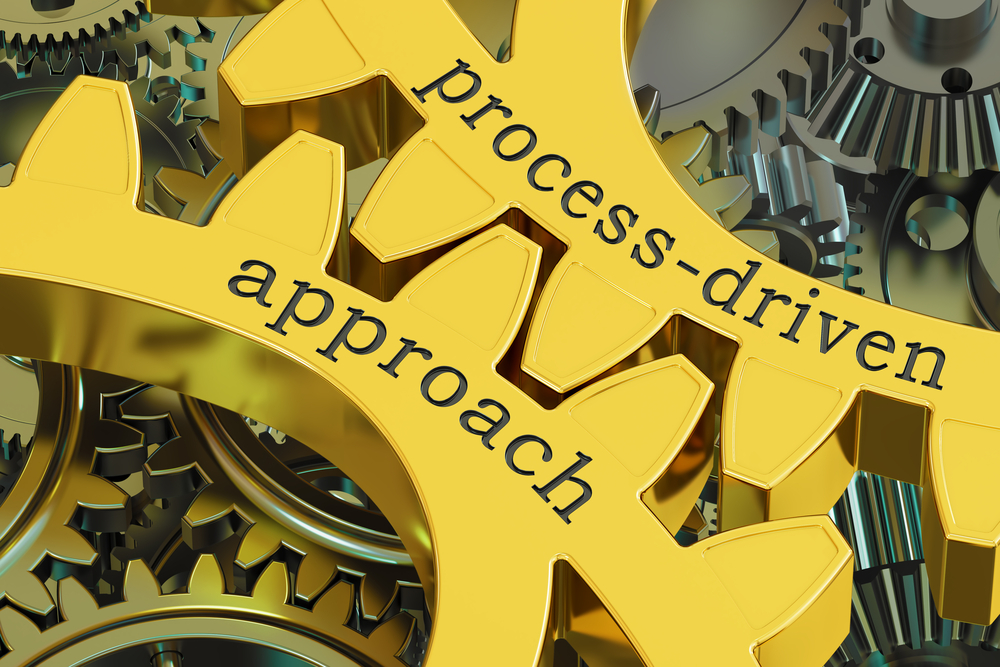
Getting the Most from the Process Approach
Alongside Risk Based Thinking, the Process Approach underpins modern management systems. Commonly used in Quality Management it is a fundamental principle that focuses on understanding, managing, and optimising interrelated processes within an organisation to achieve consistent and desired outcomes.
The result of using the Process Approach ensures that rather than viewing tasks or departments in isolation, it ensures that different activities and processes work together to meet organisational objectives.
We can break down how the Process Approach is used in a little more detail;
In Processes and Interactions: A process is a set of interrelated activities that transform inputs (like materials, information, or resources) into outputs (products or services).
In an organisation, processes do not exist in isolation. They interact with each other, creating a network where the output of one process often becomes the input for another.
In a System of Processes: Organisations can be seen as systems of interrelated processes that collectively achieve the desired outcomes.
The Process Approach requires managing these processes as a coherent system rather than individually, ensuring they work together efficiently.
In Adding Value: The Process Approach ensures that each process adds value to the final product or service.
This involves understanding how each process contributes to the overall goals and optimising it to maximise value.
In Process Ownership: Every process should have a clear owner responsible for its performance, monitoring, and improvement.
Process owners ensure that the process is properly defined, resources are allocated, and objectives are met.
In Continual Improvement: The Process Approach supports continual improvement by encouraging regular monitoring, analysis, and adjustment of processes.
This is typically achieved using tools like the Plan-Do-Check-Act (PDCA) cycle, where processes are continuously reviewed and enhanced.
In Measurement and Monitoring: To manage processes effectively, organisations must establish key performance indicators (KPIs) and metrics.
Regular monitoring helps ensure that processes are operating as intended and meeting the required quality standards.
In Customer Focus: Processes should be aligned with customer needs and expectations. The ultimate goal is to deliver products or services that satisfy or exceed customer requirements.
So conceptually at least the Process Approach can offer enormous benefit to a business; consistency, efficiency, risk minimisation and ultimately customer satisfaction. However, many feel the most valuable benefit is the impact using the Process Approach has on team communications.
If used properly, interacting processes, and importantly interacting process ‘owners’, must understand each other’s needs and expectations. This demands that we talk! WOW!
Using the Process Approach never again should one department work in splendid isolation whilst causing havoc to its neighbours. Well in theory anyway 😉
So, we know there are organisational and motivational benefits to employing the Process Approach. With that in mind it is such a waste when organisations only pay lip service to the concept when it is clear that with a little bit of effort the return can far outweigh the cost.
iqms Learning can help you realise real value from your management system. Certified or not, every organisation will have their own system and it should work for you.
Contact us here to find out how we can help you
